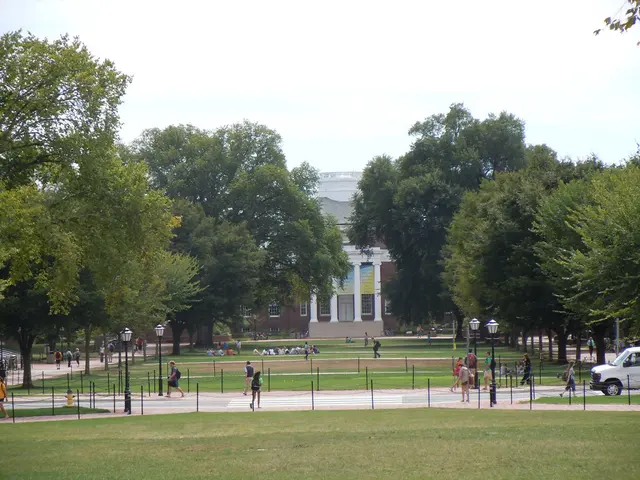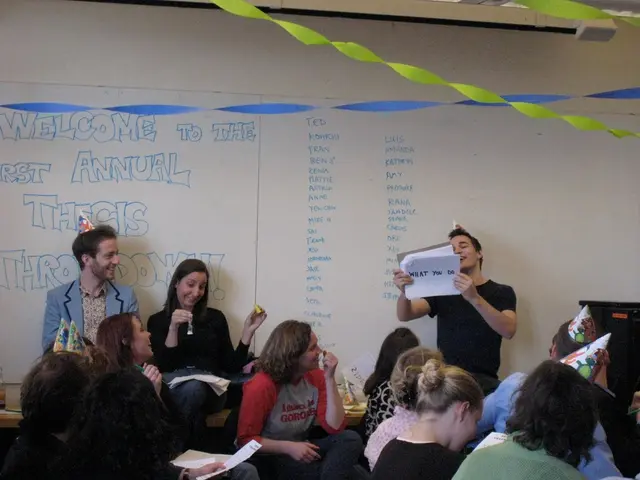Government will aggressively employ all available means to compel religious institutions to compensate victims of school sexual abuse.
The Irish government has taken a significant step forward in its efforts to hold religious orders accountable for historical sex abuse in schools. In July 2025, the government approved the establishment of a commission of inquiry to investigate the extent of abuse and the responsibilities of religious orders.
Key to this initiative is the government's consideration of legislative changes that would empower the state to legally mandate payments from religious orders involved in these abuses. The anticipated cost of any resulting redress scheme is estimated to be in the tens of millions of euros, and the process is expected to take up to five years to complete.
Historically, the government has faced challenges in pursuing religious orders for compensation. Delays and resistance have been common, with some orders only recently committing to announcing redress schemes. The government has also struggled to implement previous judgments, such as the 2014 O’Keeffe judgment, which required the state to provide redress for abuse in schools before 1991/1992.
The commission, led by Mr Justice Michael MacGrath, has a mandate to examine changes to the statute of limitations on civil claims, the status of unincorporated associations, and the assets that religious orders have. The Attorney General, Rossa Fanning, has been involved in drawing up proposals to pursue the religious orders for money.
The commission's terms of reference require it to report within five years and update the Minister for Education within two years. Labour leader Ivana Bacik has stated that the religious orders should not be allowed to avoid accountability, and the compensation is considered a "measure of accountability" for the abuse. The Minister for Education, Helen McEntee, has reiterated that any redress due to victims should be paid for by the religious orders.
The commission will conduct an initial survey to identify the potential number of survivors and will look at ways that might lead to the sequestration of assets or the seizing or freezing of bank accounts of religious orders. Deirdre Kenny, CEO of One in Four, an abuse survivors' support organization, has welcomed the news of the commission but expressed concern about further delays in redress.
The establishment of the commission follows recommendations in the 700-page scoping inquiry report led by Mary O'Toole SC. The report disclosed 2,395 allegations of sexual abuse at 308 schools run by religious congregations, involving 884 alleged abusers. A high number of allegations were concentrated in special education schools, where 590 allegations were recorded in 17 institutions involving 190 alleged abusers.
The commission's work comes as part of a wider government commitment to accountability for historical sex abuse in Ireland. Labour's proposed legislation provides a clear pathway to justice for survivors, according to Bacik. The commission's findings and recommendations are eagerly awaited, as they could pave the way for a more comprehensive and fair redress scheme for victims of historical sex abuse in Irish schools.
- In the continuation of Ireland's commitment to accountability for historical sex abuse, the government is considering policy and legislation changes, focusing on education-and-self-development, to legally bind religious orders responsible for the abuses to pay compensation, thereby promoting a measure of accountability.
- The ongoing efforts of the Irish government in addressing historical sex abuse in schools extend to policy-and-legislation, including general-news updates, as they await the commission's findings and recommendations, aiming to establish a more comprehensive and fair redress scheme, but are also mindful of the potential for further delays in providing justice to survivors.




